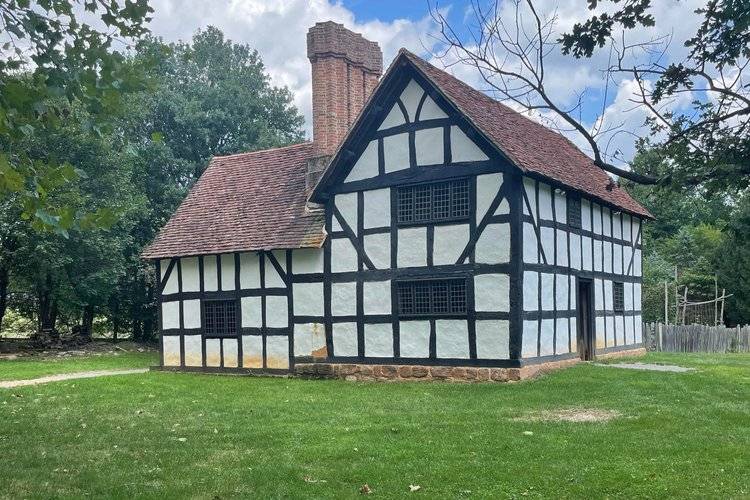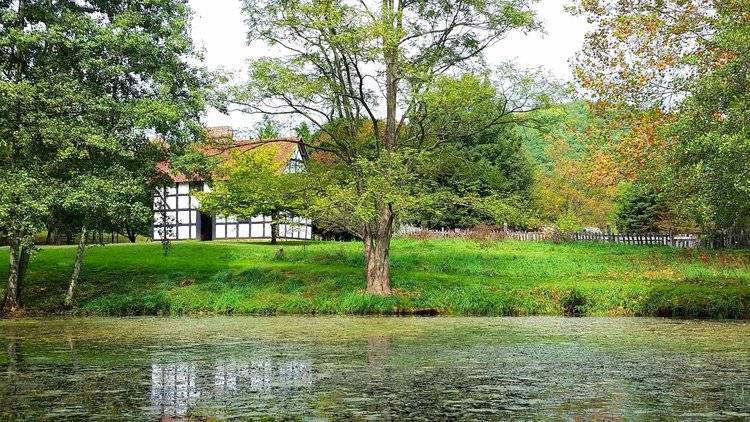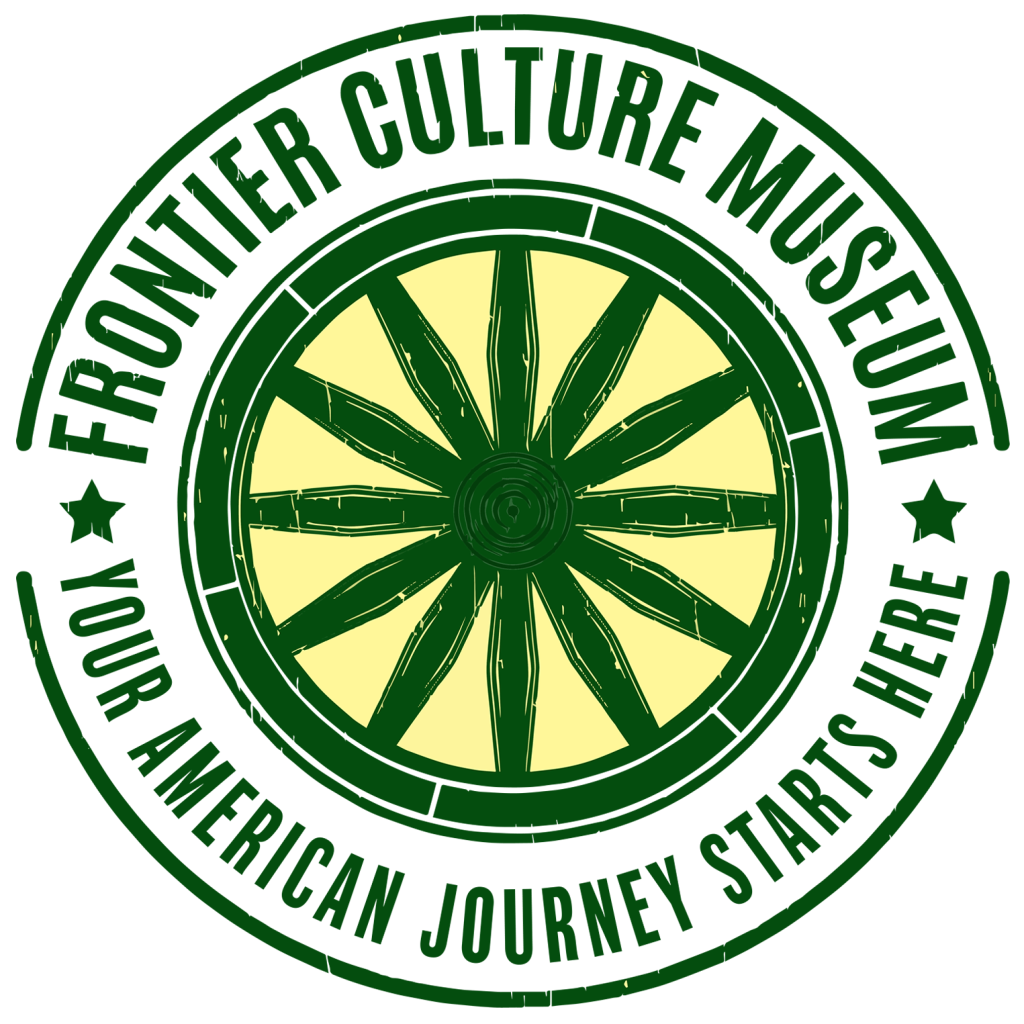Lecture Series
England, 1650s

The timber-frame farmhouse on the English exhibit was originally built by an independent farmer in Worcestershire, England, in the 17th century.
The period between 1500 and 1700 was a time of great social change in England. Much of the rural population was uprooted as a result of enclosure, which accelerated during the 1600s. Enclosing fields and pastures that were traditionally open, common lands, forced many small peasant farmers off the land and onto the roads in search of work and charity. England used its colonies as an outlet for people regarded as excess population. Many went to Virginia as indentured servants. In exchange for passage, indentured servants agreed to work a term of service for a master, usually a tobacco planter. If they survived their indenture, they received fifty acres of land, tools, and clothing.
English colonists started to permanently settle in North America in Jamestown in 1607. Over the next century they established other English colonies along the Atlantic coast. By 1700, almost 250,000 people lived in the colonies. Most of them had English roots.
In addition to indentured servants, other immigrants also came to Virginia. These were members of the lesser gentry, merchant, yeoman, and came from other professional ranks of English society. This group was motivated by the economic opportunities the colonies promised, and formed Virginia’s landholding elite. Their wealth and power were founded on growing tobacco and exporting it back to England. They used white indentured servants and enslaved Africans for labor.

European settlement slowly crept westward into the piedmont, and by the mid-1700s Anglo-Virginians crossed the Blue Ridge Mountains and began to settle in the Valley of Virginia.
English culture and traditions were dominant in England’s North American colonies due to the numbers of English settlers, and the role the Crown and English proprietors played in establishing these colonies. Based on the English model, in Virginia this culture quickly took the form of a patriarchal and hierarchical society led by the “gentlemen” of the colony.
With the arrival of other ethnic groups and the emergence of political democracy during the era of the American Revolution, this traditional culture faded. What endured were American versions of English language, law and government, morality, and an ideal of individual liberty.
